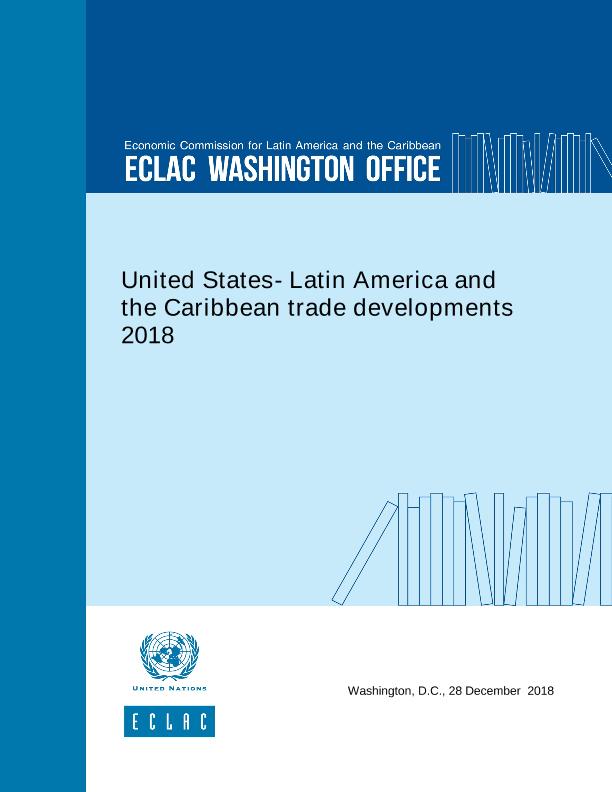In 2018, United States trade actions followed closely the goals outlined in the 2018 U.S. trade agenda of assertiveness in enforcing U.S. trade laws and negotiating bilateral rather than multilateral trade agreements to better use the weight of the U.S. economy in favor of U.S. national interests. As a result, 2018 was noticeable by the proliferation of U.S. tariffs increases on the grounds of serious injury to a U.S. industry (solar cells and washing machines), threatening to impair U.S. national security (steel and aluminum) and discriminatory or unresonable practices (tariffs against China affecting up to US$250 billion in trade). Also this year the U.S. renegotiated the North American Free Trade Agreement (NAFTA), the South Korea-U.S. agreement (KORUS), and President Trump formally announced the intent to start bilateral trade talks with the European Union, Japan, and the United KingdomMateria / lugar / evento: Comercio exterior Análisis de mercados Política económica Aranceles Importación y exportación Sector agrario Estados Unidos América Latina Caribe Otros autores: Economic Commission for Latin America and the Caribbean
Outras classificações: 921.5


